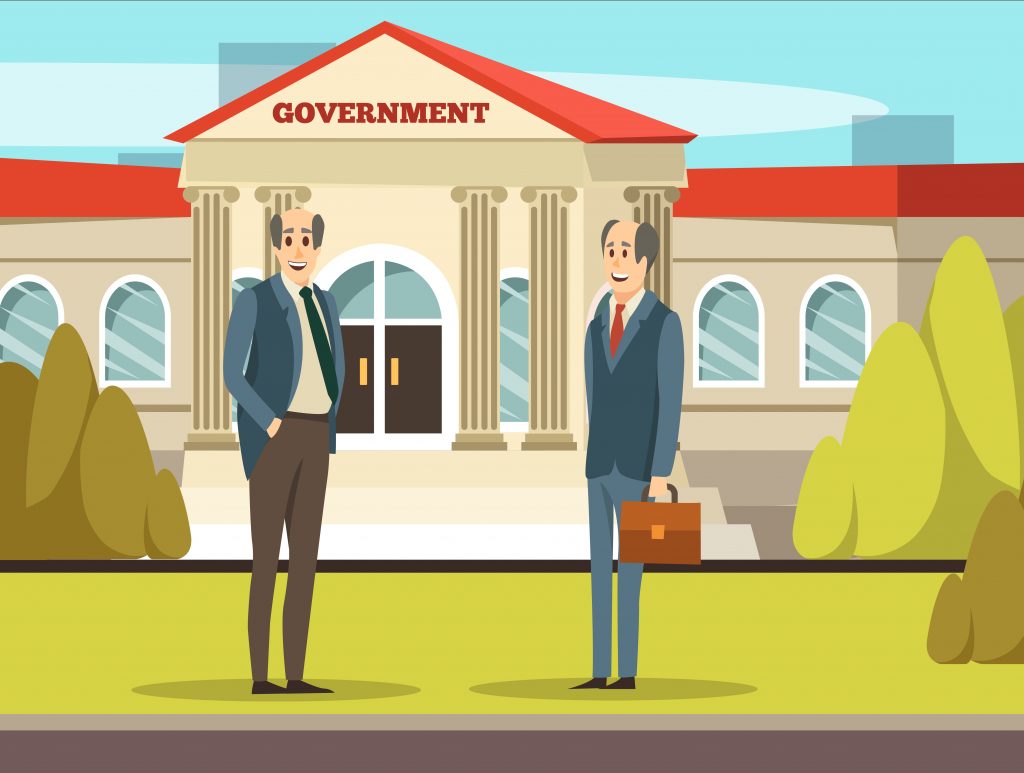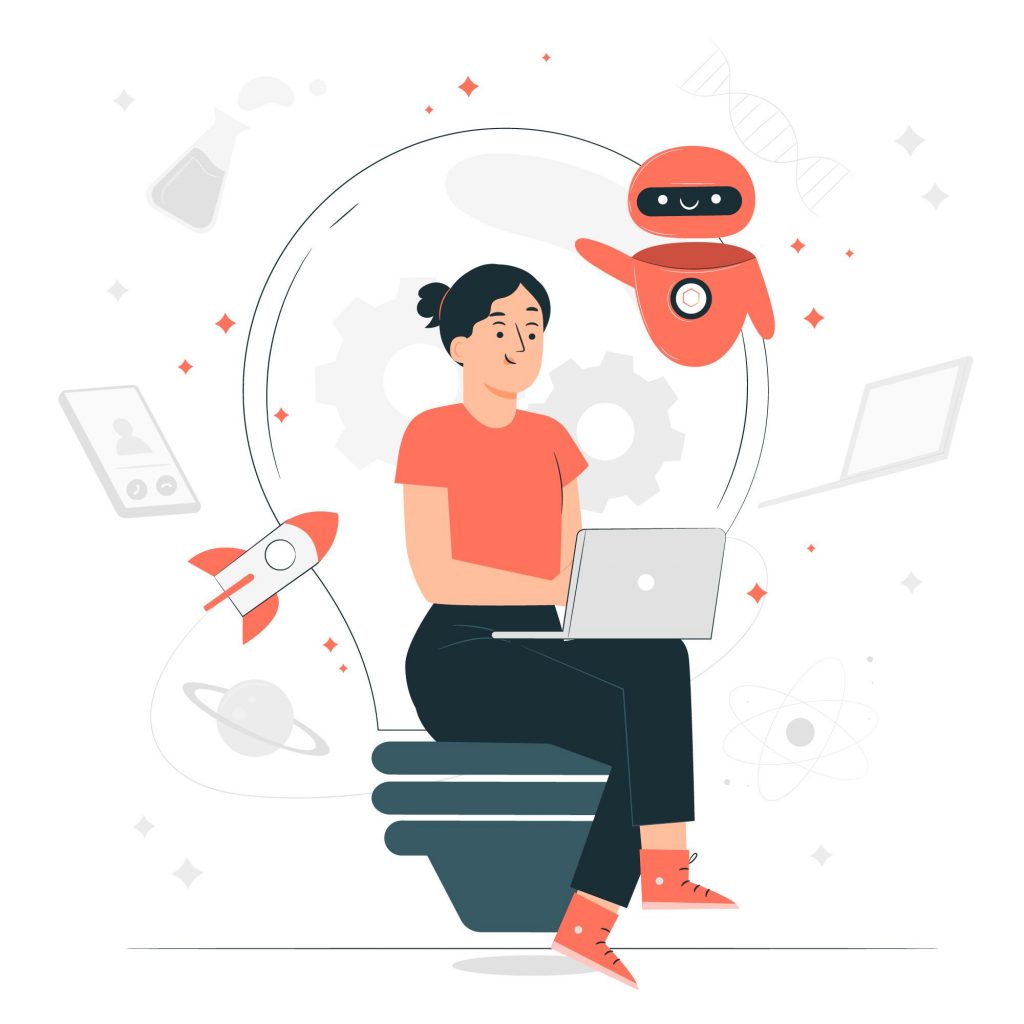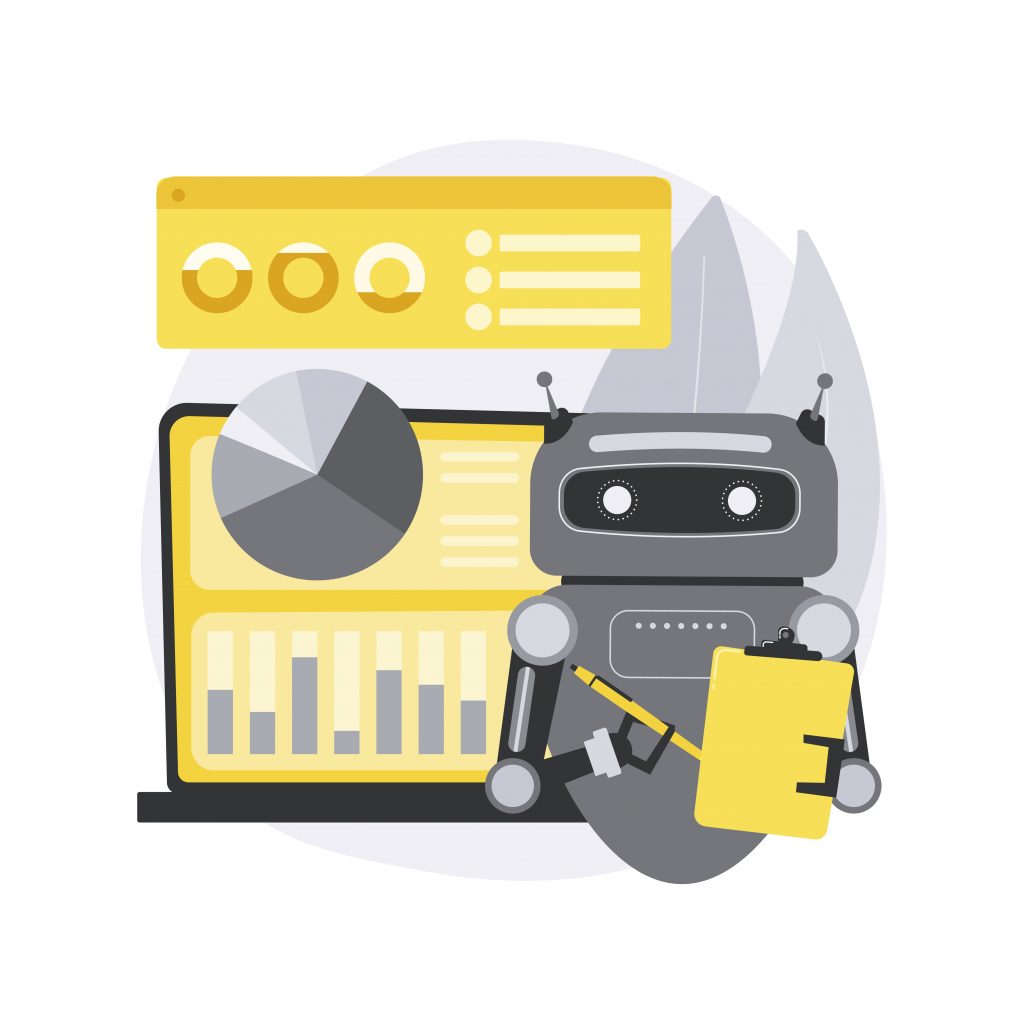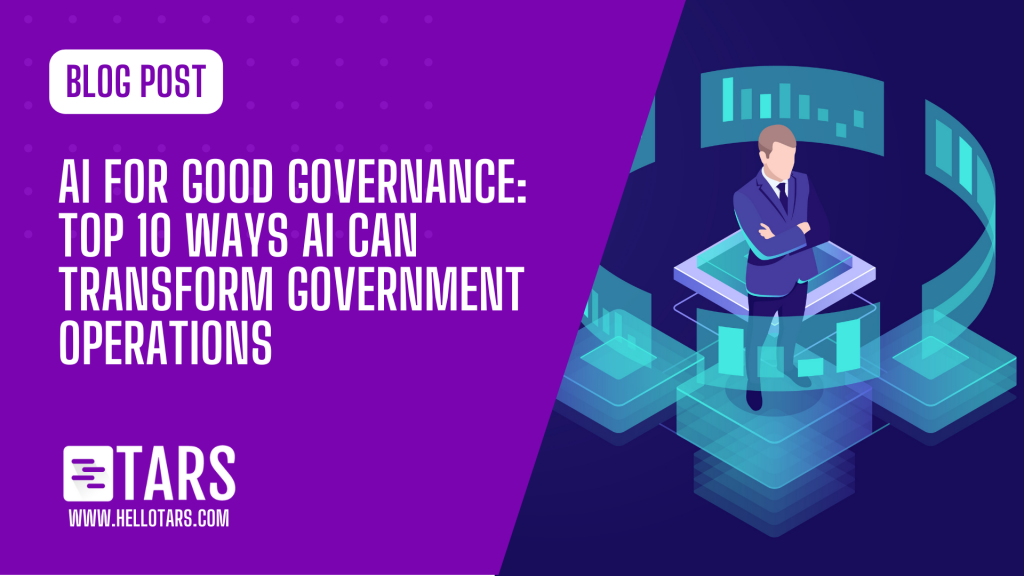Artificial intelligence (AI) is rapidly changing the world we live in. From healthcare to finance, AI is being applied to solve complex problems and make our lives easier. One area that is seeing significant growth in the use of AI is governance.
In this blog, we will explore how AI can be used for good governance and show you how you can start leveraging the power of AI to transform your government agency/organization.
Understanding Good Governance

Good governance is the process of managing the affairs of a country or an organization in a fair, transparent, and accountable manner. It involves ensuring that decision-making is made in the best interest of citizens or stakeholders, and that resources are allocated efficiently and effectively. Good governance is essential for building trust in institutions and promoting economic growth.
However, ensuring good governance is not an easy task. Governments face various challenges, including corruption, lack of transparency, and inefficient bureaucracies. These challenges can lead to a lack of trust in institutions and undermine economic growth.
How AI Can Help

1. Streamlined Administrative Processes
AI automation can help streamline administrative processes in government agencies, such as processing applications for permits or licenses, managing records, and handling citizen inquiries. By automating these processes, governments can improve efficiency, reduce errors, and free up staff time for higher-value tasks.
2. Improved Decision-Making
AI automation can also help improve decision-making in governance. By analyzing large amounts of data and identifying patterns and trends, AI can provide insights that can help inform policy decisions and improve public services. For example, AI can be used to identify areas where services are most needed or to predict the impact of policy changes on citizens and communities.
3. Automated Customer Support
AI can be used to automate customer support interactions, such as answering citizen inquiries or processing applications for services. This can help improve response times, reduce wait times, and free up staff time for more complex inquiries.
4. Virtual Assistants
AI can be used to develop virtual assistants that can provide personalized support to citizens. For example, virtual assistants can be used to provide information on government services or to help citizens navigate complex bureaucratic processes.
5. Accessibility Support
AI can be used to improve accessibility for citizens with disabilities, such as by providing speech-to-text or text-to-speech capabilities, or by providing personalized support for citizens with specific needs.
6. Predictive Analytics
AI can be used to analyze citizen data to predict needs or anticipate issues before they occur. For example, AI can be used to predict which citizens are most likely to require certain services, allowing governments to allocate resources more efficiently.
7. Social Media Monitoring
AI can be used to monitor social media channels for public sentiment and feedback, allowing governments to quickly respond to citizen concerns or feedback. This can help improve transparency and build trust between citizens and government.
8. Personalized Education
AI can be used to personalize education for students, helping them to learn at their own pace and according to their own learning style. For example, AI can be used to develop adaptive learning programs that adjust to each student’s strengths and weaknesses, or to provide personalized recommendations for additional resources or learning activities.
9. Improved Resource Management
AI can be used to improve the management of natural resources, such as water and energy, helping to reduce waste and improve sustainability. For example, AI can be used to monitor water usage and identify areas where conservation measures are needed, or to optimize energy usage in government buildings to reduce costs and emissions.
10. Enhancing Public Safety and Security
AI can be used to enhance public safety and security by analyzing data from various sources, such as social media, CCTV cameras, and sensors. For example, AI can be used to detect potential security threats or to monitor traffic and congestion to help prevent accidents.
Let Us Help You Get Started

Want to use the power of AI to enhance government operations and provide better citizen support? We can help.
At TARS, we specialize in developing AI-powered chatbots that can help you automate government processes and provide better and more efficient assistance to your citizens.
Simply book a free demo and our in-house team of experts will walk you through the entire process.
You can also check out our blog on how chatbots can help government operations by clicking here 👉 https://www.hellotars.com/blog/the-benefits-of-using-chatbots-for-government-services/
TARS is trusted by multiple government organizations, including – Missouri SOS, Montana DMV, Indiana INBiz, and Workforce Solutions of Central Texas.
Book a free demo today to start experiencing the benefits of our omnichannel chatbots.

I am a creative thinker and content creator who is passionate about the art of expression. I have dabbled in multiple types of content creation which has helped me explore my skills and interests. In my free time, I indulge in watching animal documentaries, trying out various cuisines, and scribbling my own thoughts. I have always had a keen interest in blogging and have two published blog accounts spanning a variety of articles.

0 Comments on "AI for Good Governance: Top 10 Ways AI Can Transform Government Operations"